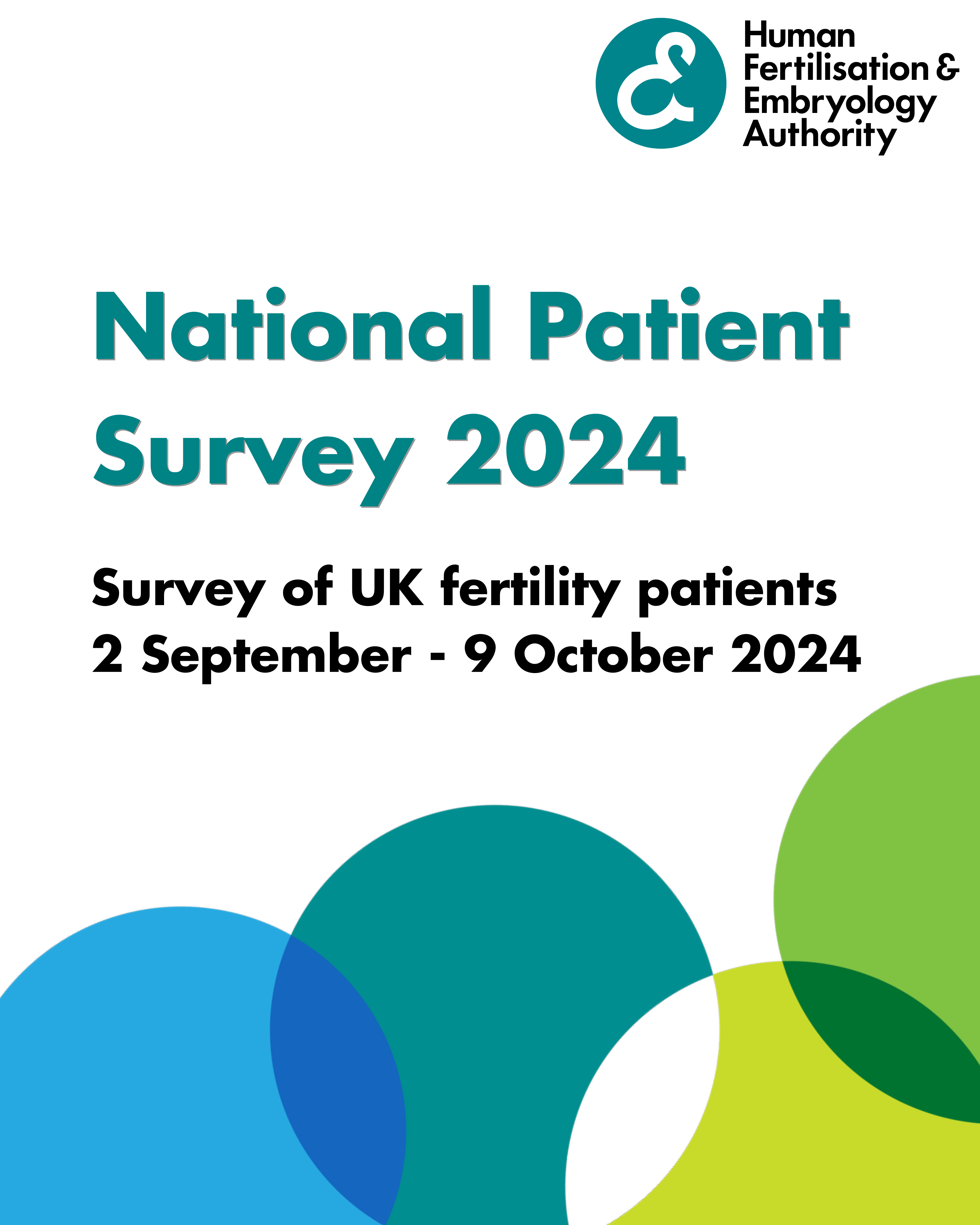
The fertility regulator, the Human Fertilisation and Embryology Authority (HFEA), has published the latest update of their National Patient Survey. More than 1,500 fertility patients gave their views on treatment in the UK.
73% were satisfied with their latest round of treatment, with highest satisfaction levels in the North East of England and the lowest in Wales.
Satisfaction levels didn’t vary much between NHS and self-funded patients, but there were larger differences for Asian and Black patients, who were less likely to have reported being satisfied with their treatment.
Patients’ satisfaction with the quality of information they received from their clinic also varied by ethnicity, with Asian and Black patients less likely to report being satisfied with the information given to them and how the clinic answered any questions they had about their treatment.
HFEA data shows that the number of NHS-funded cycles continues to fall, reaching 27% in 2022. Some patients said finding it difficult to get NHS funding or being confused about what treatments would be available to them were reasons why they decided to go private.
NHS-funded patients reported longer wait times in starting treatment than self-funded patients, with 53% of self-funded patients starting treatment within a year compared to 35% of NHS patients.
The HFEA found 73% of patients had used an additional test, treatment, or emerging technology in their latest round of treatment, despite the fact that most are not proven to increase the chance of having a baby.
Around a quarter of patients had used donor eggs, sperm, or embryos in treatment. Of the patients who had used donor sperm, 70% found this easy to access. Around half of patients using donor sperm used overseas donors, saying this was mainly due to increased choice and more information about the donor available.
You can read the full National Patient Survey report on the HFEA website.
